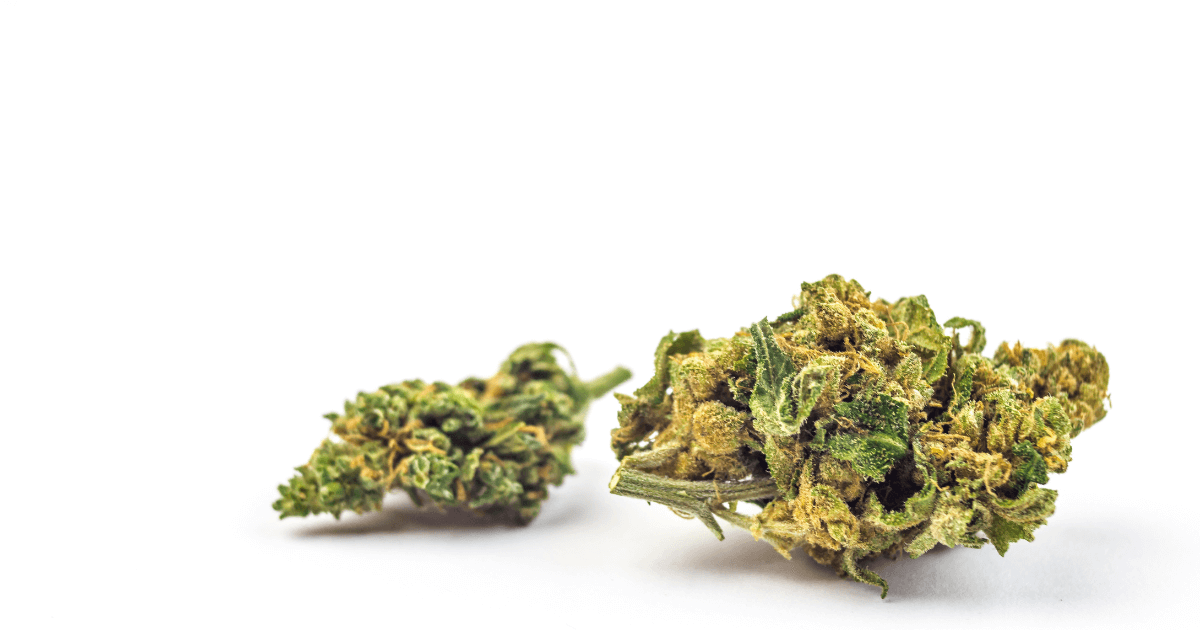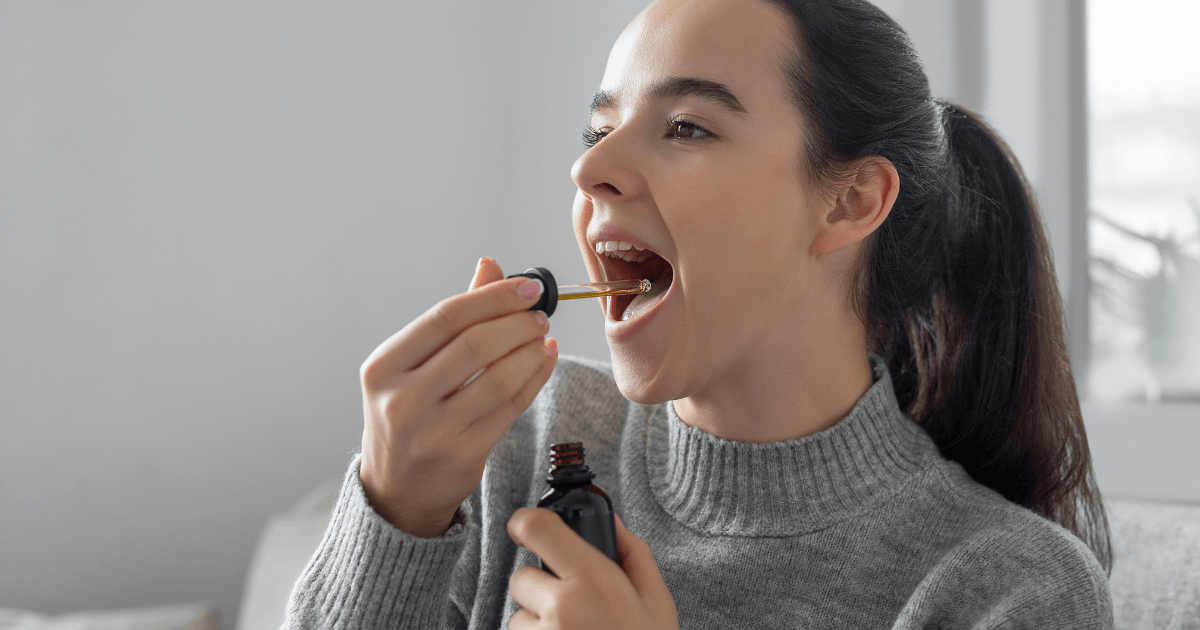Cannabis has been used for medicinal purposes for thousands of years, and its popularity has only increased in recent times with the legalization of marijuana in several parts of the world. One of the most commonly cited benefits of cannabis use is its ability to induce sleep, making it a popular choice for those suffering from insomnia or other sleep-related issues. However, the question remains: does cannabis really help you sleep, and if so, how does it work?
In this article, we’ll take a closer look at the relationship between cannabis and sleep, exploring the science behind its sedative effects and discussing its potential benefits and drawbacks as a sleep aid.
What is Cannabis?
Cannabis is a genus of flowering plants that belongs to the Cannabaceae family. The plant has been used for medicinal and recreational purposes for thousands of years and contains over 100 different chemical compounds called cannabinoids. The most well-known of these cannabinoids is tetrahydrocannabinol (THC), which is responsible for the psychoactive effects of cannabis, such as feelings of euphoria and altered perception. Another important cannabinoid is cannabidiol (CBD), which does not produce psychoactive effects but is believed to have a range of potential therapeutic benefits.
Cannabis is typically consumed by smoking the dried leaves and flowers of the plant, but it can also be consumed in edible form, as a tincture or oil, or through other methods such as vaping. The use of cannabis is subject to legal restrictions in many parts of the world, but its legalization for medicinal and recreational use has been gaining momentum in recent years.
How Does Cannabis Work?
Cannabis contains a variety of chemical compounds, including over 100 different cannabinoids. These cannabinoids interact with the body’s endocannabinoid system, which plays a role in regulating a range of physiological and cognitive processes, including pain sensation, mood, appetite, and sleep. The two most well-known cannabinoids found in cannabis are tetrahydrocannabinol (THC) and cannabidiol (CBD).
THC is the primary psychoactive compound in cannabis and works by binding to cannabinoid receptors in the brain, specifically the CB1 receptor. This binding leads to a range of effects, including altered perception, euphoria, and impaired coordination. THC also has analgesic properties and may help to relieve pain.
CBD, on the other hand, does not produce psychoactive effects and has been found to have potential therapeutic benefits for a range of conditions, including epilepsy, anxiety, and inflammation. CBD works by interacting with the body’s endocannabinoid system in a more indirect way than THC, and it may also interact with other neurotransmitter systems in the brain to produce its effects. Some popular cannabidiol products include Keoni Sport CBD Sleep Gummies and UNO CBD Sleep Gummies.
Overall, the effects of cannabis are complex and can vary depending on a range of factors, including the specific strain and method of consumption, as well as individual differences in metabolism and tolerance.

How Does THC Help With Sleep?
THC has been found to have sedative effects that may help to promote sleep. THC works by binding to cannabinoid receptors in the brain and activating the body’s endocannabinoid system, which plays a role in regulating sleep and wakefulness. THC has been shown to reduce the amount of time it takes to fall asleep, increase total sleep time, and improve sleep quality in some individuals.
Research has also found that THC may affect the sleep cycle by increasing the amount of time spent in deep sleep, which is a restorative stage of sleep that is essential for physical and mental health. However, it’s worth noting that the effects of THC on sleep can vary depending on the individual, and some people may experience negative side effects such as vivid dreams, grogginess, or daytime sleepiness.
Additionally, it’s important to note that while THC may be effective at promoting sleep, it can also have negative effects on sleep quality and quantity when used excessively or over a prolonged period of time. Regular use of cannabis can lead to tolerance, dependence, and withdrawal symptoms, which can disrupt sleep and have other negative effects on health. Therefore, it’s important to use cannabis for sleep under the guidance of a healthcare professional and to consider other sleep-promoting strategies such as good sleep hygiene, relaxation techniques, and cognitive-behavioural therapy for insomnia.
Marijuana Flowers or Edibles for Sleep?
The choice between using marijuana flowers or edibles for sleep depends on personal preference, individual tolerance, and the specific strain and dose of cannabis being used. Smoking or vaping marijuana flowers can produce a quicker onset of effects, with the effects typically felt within minutes of consumption. This can be beneficial for those who need immediate relief from insomnia or other sleep-related issues. However, smoking or vaping can also have negative effects on lung health and may be less discreet than other methods of consumption.
On the other hand, edibles can produce a longer-lasting and more potent effect, with the effects typically peaking 1-3 hours after consumption and lasting for several hours. This can be beneficial for those who need sustained relief from sleep-related issues, as well as those who prefer a more discreet method of consumption. However, it’s important to note that edibles can be difficult to dose accurately, and the effects can vary widely depending on the specific product and individual metabolism.
Ultimately, the choice between marijuana flowers or edibles for sleep should be made on a case-by-case basis, taking into account individual preferences, tolerance, and the guidance of a healthcare professional. It’s also important to start with a low dose and gradually increase as needed to minimize the risk of negative side effects or overconsumption.

Is it Good to Take Weed For Insomnia?
The use of weed (cannabis) for insomnia is a subject of ongoing debate in the medical community, as the effects of cannabis on sleep can vary widely depending on individual factors such as dose, tolerance, and the specific strain and method of consumption. While some people may find that cannabis helps to improve sleep quality and reduce the time it takes to fall asleep, others may experience negative side effects such as grogginess, vivid dreams, or daytime sleepiness.
In addition, there are potential risks associated with the long-term use of cannabis for sleep, including the development of tolerance, dependence, and withdrawal symptoms. Some research also suggests that cannabis use may be associated with an increased risk of certain sleep disorders, such as sleep apnea.
Therefore, it’s important to use weed for insomnia under the guidance of a healthcare professional and to consider other sleep-promoting strategies such as good sleep hygiene, relaxation techniques, and cognitive-behavioural therapy for insomnia. It’s also important to be mindful of the potential risks associated with cannabis use and to use it in moderation, taking into account individual tolerance and the potential for negative side effects.
Where to Buy Cannabis For Sleep Online in Canada?
In Canada, the sale of cannabis is legal for both medicinal and recreational purposes, and there are several online dispensaries that offer cannabis products specifically for sleep. However, it’s important to note that purchasing cannabis online requires age verification and adherence to local laws and regulations.
Some of the online dispensaries that offer cannabis products for sleep in Canada include:
It’s important to research and compare different online dispensaries and weed delivery sites and products before making a purchase and to ensure that the dispensary is licensed and follows local laws and regulations. You can find recommendations at BC Weed Delivery.
References
WebMD. (2020). Medical Marijuana FAQ. Available at: https://www.webmd.com/a-to-z-guides/medical-marijuana-faq
Keoni CBD Gummies. (2023, June 3). Buy Keoni Sport CBD Sleep Gummies Online. Available at: https://keonicbd.com/product/keoni-sport-sleep-gummies/
Department of Justice. (2019, October 17). Cannabis Legalization and Regulation. Available at: https://www.justice.gc.ca/eng/cj-jp/cannabis/
UNO CBD Gummies. (2023, June 3). Buy UNO CBD Sleep Gummies Online. Available at: https://unocbd.com/product/uno-sleep-gummies/
Kesner, A. J., Lovinger, D. M. (2020, July 22). Cannabinoids, Endocannabinoids and Sleep. National Library of Medicine National Center for Biotechnology Information. Available at: https://www.ncbi.nlm.nih.gov/pmc/articles/PMC7388834/



